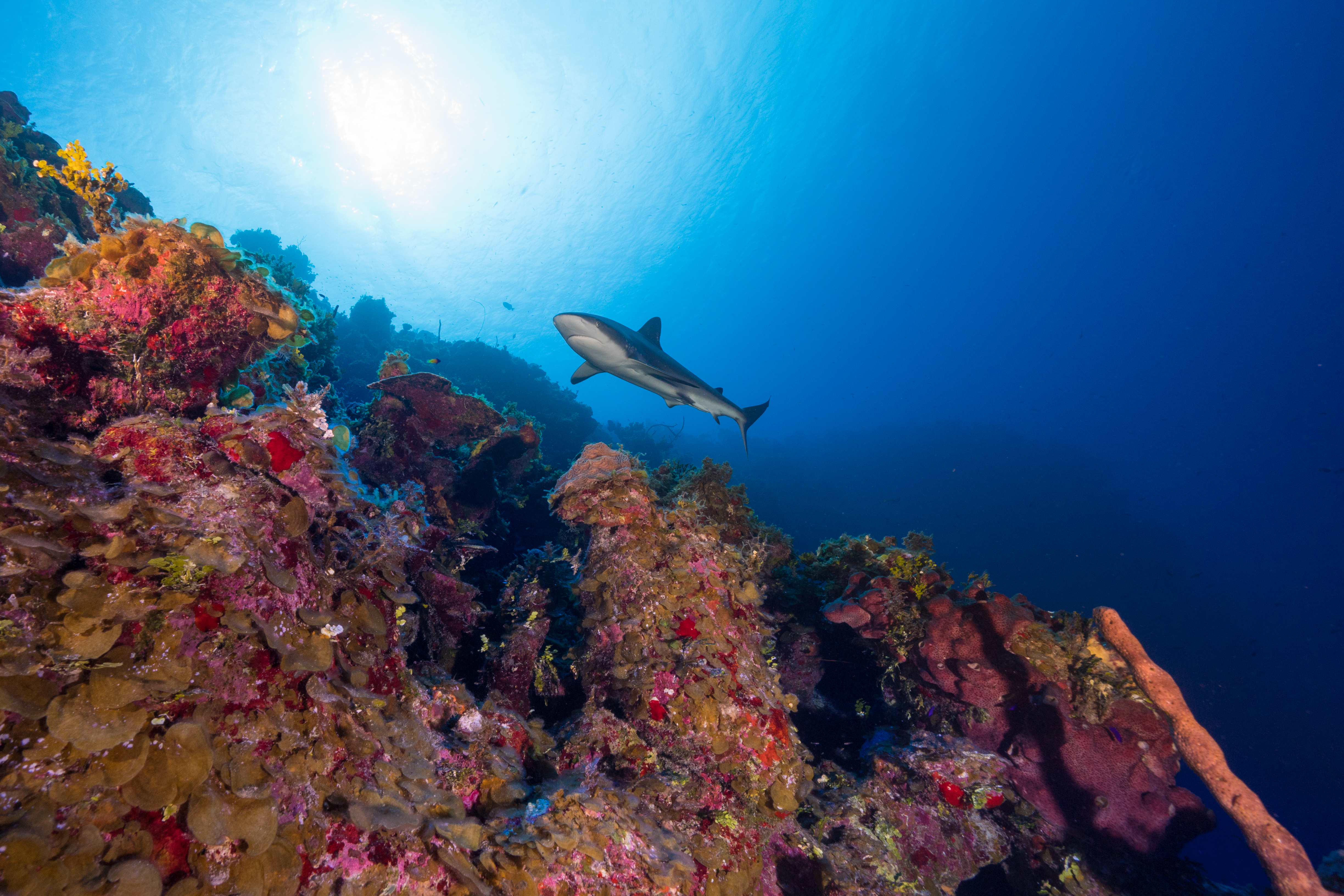
Healthy Oceans
Why It Matters
Formal protections cover just eight percent of oceans and lag well behind similar protection for land. Coastal development, overfishing, illegal practices, marine pollution, and climate change severely endanger our marine areas and threaten communities reliant on the health of ocean ecosystems. The Moore Charitable Foundation partners with organizations mitigating these threats by advancing conservation outcomes for species, habitats, and communities, including protected and sustainable marine zoning and policy, augmented fishing protections, and effective enforcement. From whale research and shark fin trade bans to offshore drilling and breaking free from plastic, the foundation and its affiliates support champions who are fighting for the lasting health of our world’s oceans. We also seek to inspire public and philanthropic investment in ocean conservation by encouraging collaboration within the marine conservation movement.
Healthy Ocean Priorities
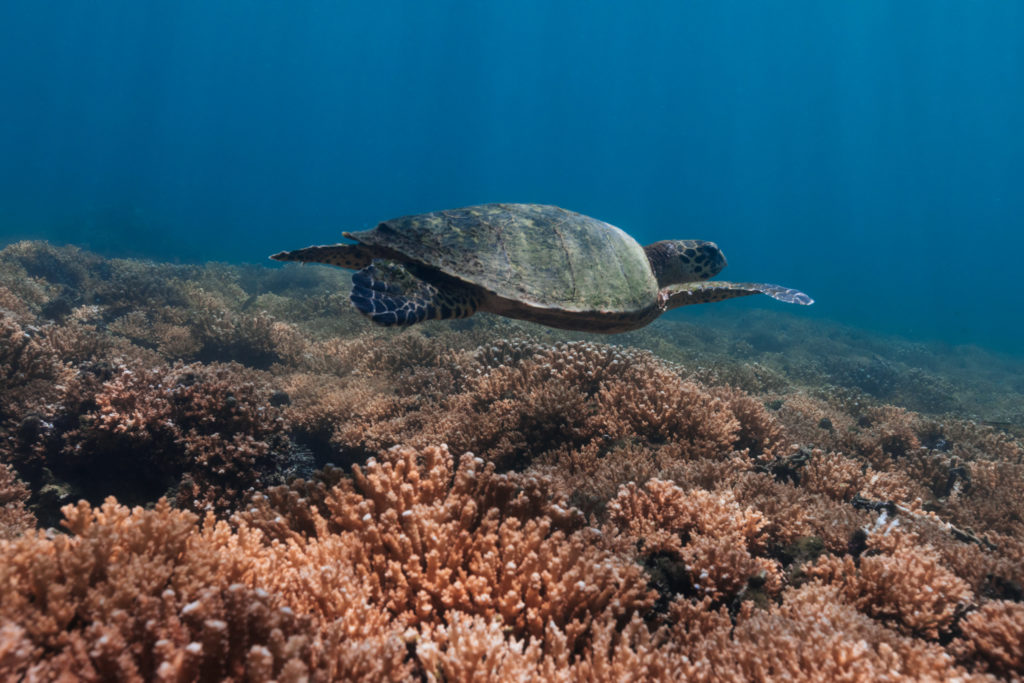
Marine Protected Areas & Healthy Fisheries
With partners, we advocate for the establishment, sustainable management, and enforcement of marine protected areas (MPAs) and fisheries through policy and legal reform that preserve and protect ocean species, ecosystems, and local fishing and tourism economies.
Read More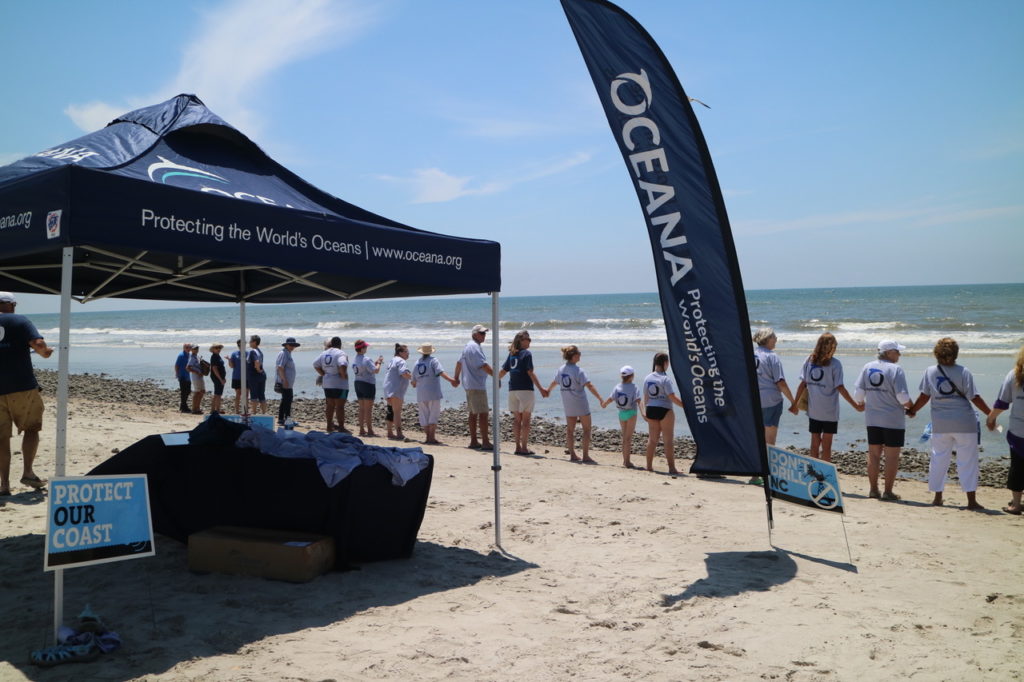
Coastal Protections and Pollution
We stand against offshore oil exploration and extraction, and we work with nonprofits that are building opposition to these activities in the Atlantic. Our partners also patrol their coastal waters to monitor for pollution—from oil spills to plastic—and work to hold polluters accountable.
Read More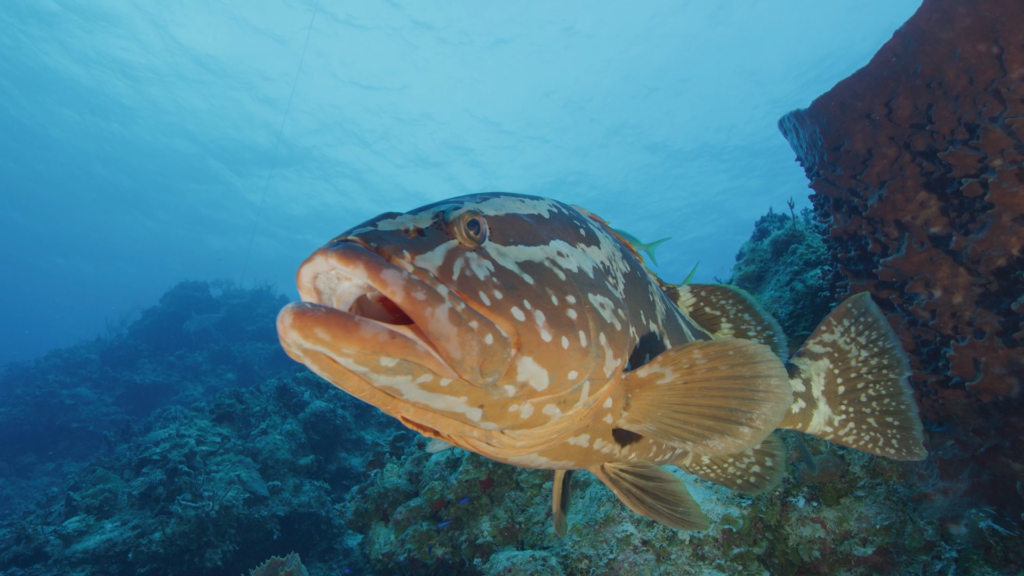
Key Marine Species
We partner on scientific research and environmental education to protect fragile marine ecosystems, including conch fisheries, coral reefs, and Nassau grouper. We advocate for real conservation outcomes for keystone species, such as sharks and whales, the protection of which are integral to marine health.
Read MoreJobs
In North Carolina, tourism, recreation and commercial fishing contribute $2.5 billion in GDP and support 57,000 jobs. Oceana and partners are defending this coastal economy from offshore drilling and seismic testing.
In Grants
Since 2011, Oceans 5 has provided more than $80 million in grants, supporting more than 70 projects involving at least 120 organizations in 50 countries.
Whales
Since 2002, Panacetacea has conducted 15 annual surveys for humpback whales in the Gulf of Chiriquí, covering 24,000 km and sighting 1,442 groups of whales made up of 3,194 individuals.
-
57K
Jobs
In North Carolina, tourism, recreation and commercial fishing contribute $2.5 billion in GDP and support 57,000 jobs. Oceana and partners are defending this coastal economy from offshore drilling and seismic testing.
-
$80M
In Grants
Since 2011, Oceans 5 has provided more than $80 million in grants, supporting more than 70 projects involving at least 120 organizations in 50 countries.
-
3,194
Whales
Since 2002, Panacetacea has conducted 15 annual surveys for humpback whales in the Gulf of Chiriquí, covering 24,000 km and sighting 1,442 groups of whales made up of 3,194 individuals.
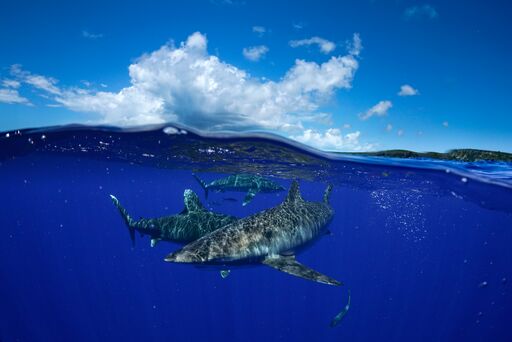
“Moore Bahamas Foundation has established itself as the world leader in research and advocacy for the conservation of the oceanic whitetip shark." — Florida International University
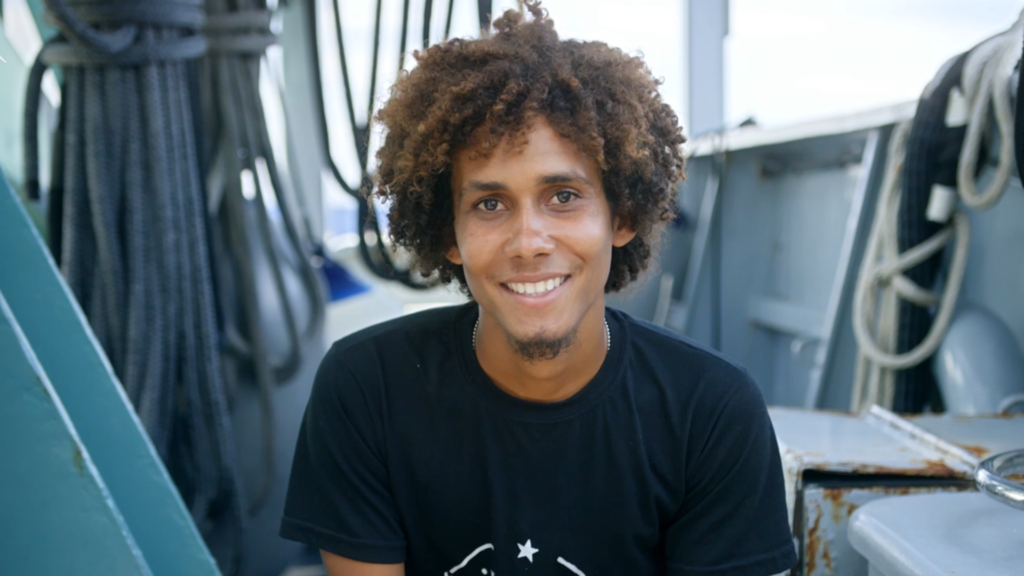
Healthy Ocean News

The ocean sustains life on Earth, supporting billions of people, wildlife, and ecosystems. From producing half of the world’s oxygen to providing habitat to marine
Read More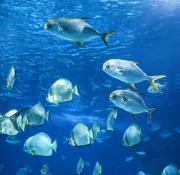
On World Fisheries Day, we highlight how sustainable fishing provides benefits to our oceans by supporting the livelihoods of small-scale fishing communities. Read more here.
Read MoreFrom Florida International University and the Shark Conservation Fund: Big sharks equal big impact, but there’s a big problem FIU-led study reveals those most affected
Read More